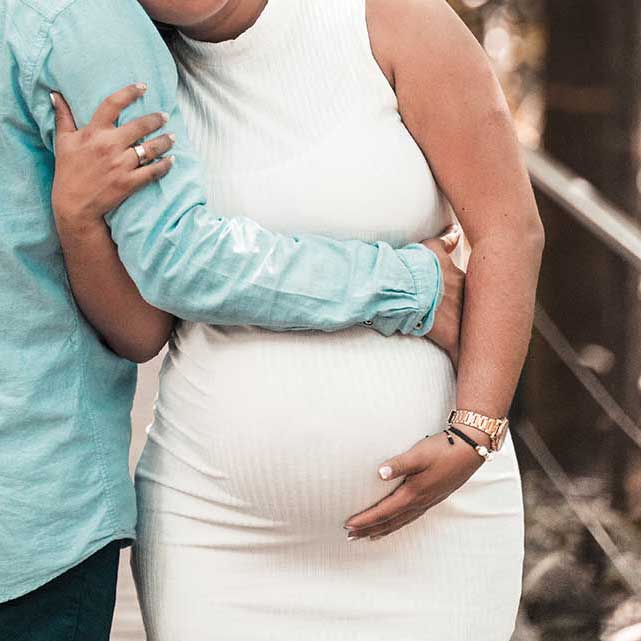What Happens if You Have Pre-Eclampsia?
What is it?
Pre-eclampsia is a common condition that, according to the Ministry of Health, affects 3-8% of pregnancies in New Zealand. People with pre-eclampsia usually have high blood pressure plus one or more other indicators or symptoms of the condition.
What causes it?
The exact cause is unknown but it typically occurs after 20 weeks of pregnancy.
Symptoms
- High blood pressure
- Protein in urine
- Severe headaches
- Visual disturbances (seeing stars, flashing, or blurred vision)
- Severe or sudden swelling
- Pain in the upper abdomen
- Vomiting
How is it diagnosed?
Your blood pressure and urine will be checked regularly at your antenatal appointments with your LMC.
Treatment
Once pre-eclampsia is diagnosed, it will remain for the rest of pregnancy. The only cure is delivery of your baby. It typically goes away after the baby is born.
Rest can help to lower blood pressure. Some pregnant people are prescribed antihypertensive medication to lower their blood pressure.
Some people need to be admitted to the hospital for monitoring if their condition is severe. The aim is to keep them stable, often until the baby has grown to a size where they can be delivered safely.
What does this mean for my pregnancy?
You will have more frequent ultrasound monitoring of the baby, plus more blood pressure checks, urine tests, and blood tests.
Due to increased blood pressure, the baby is at greater risk of being born at low birth weight.
If the condition is diagnosed in late pregnancy and is severe, your doctor may recommend delivering the baby right away, with the induction of labour or a C-section.



